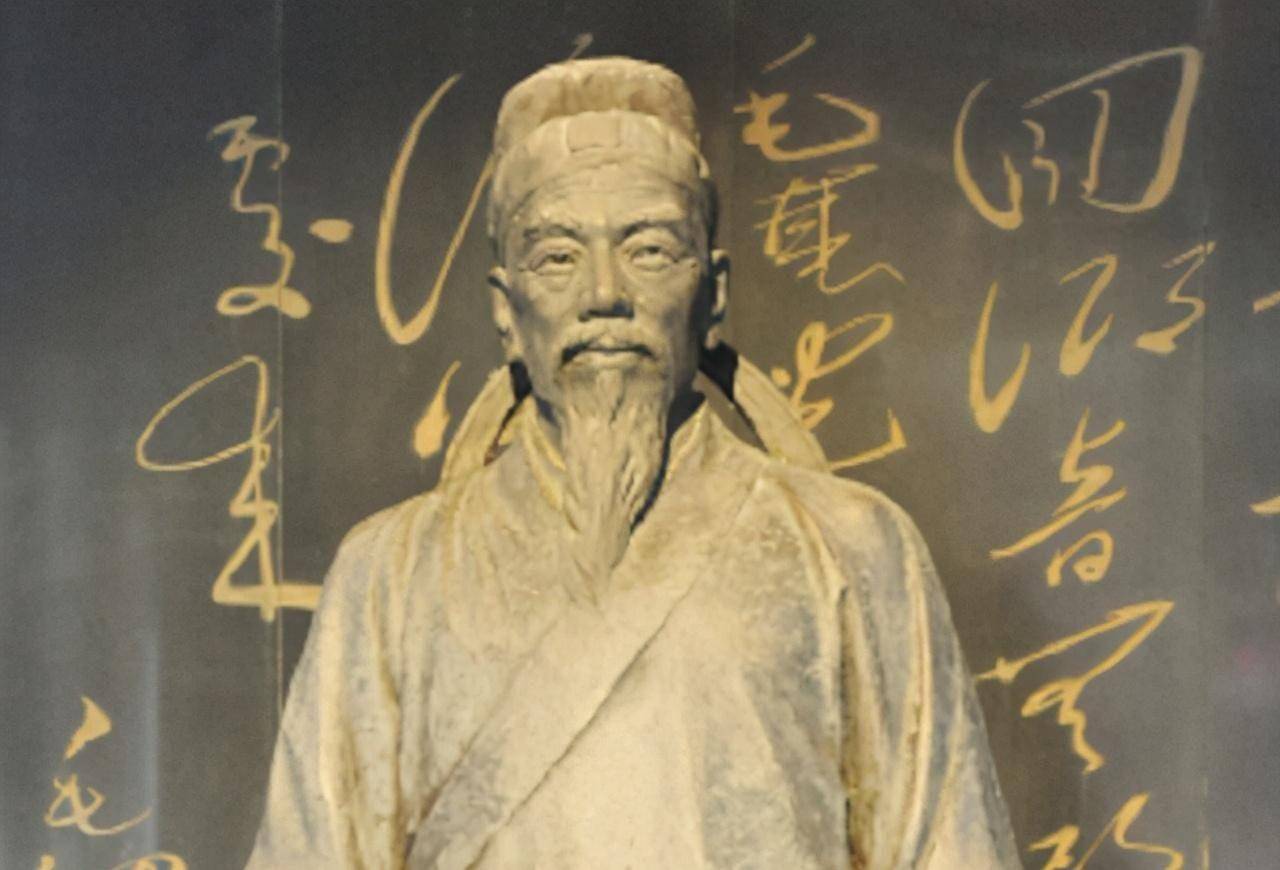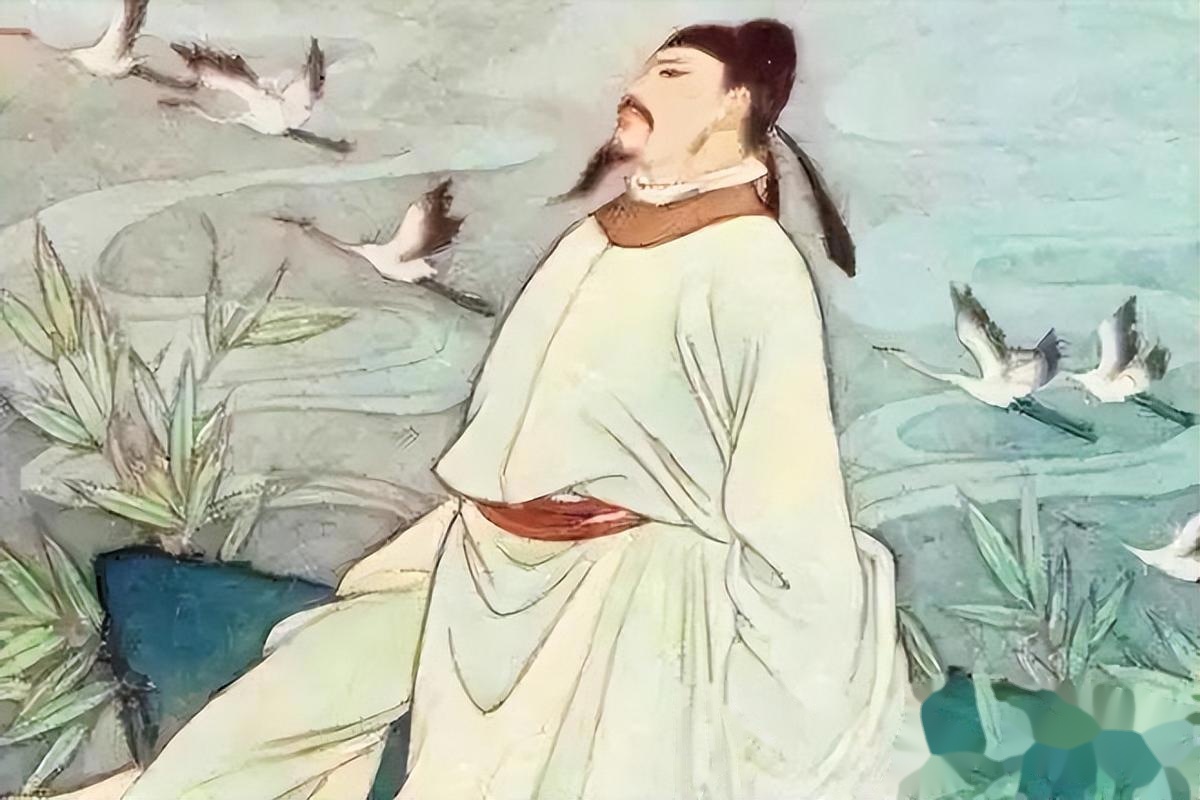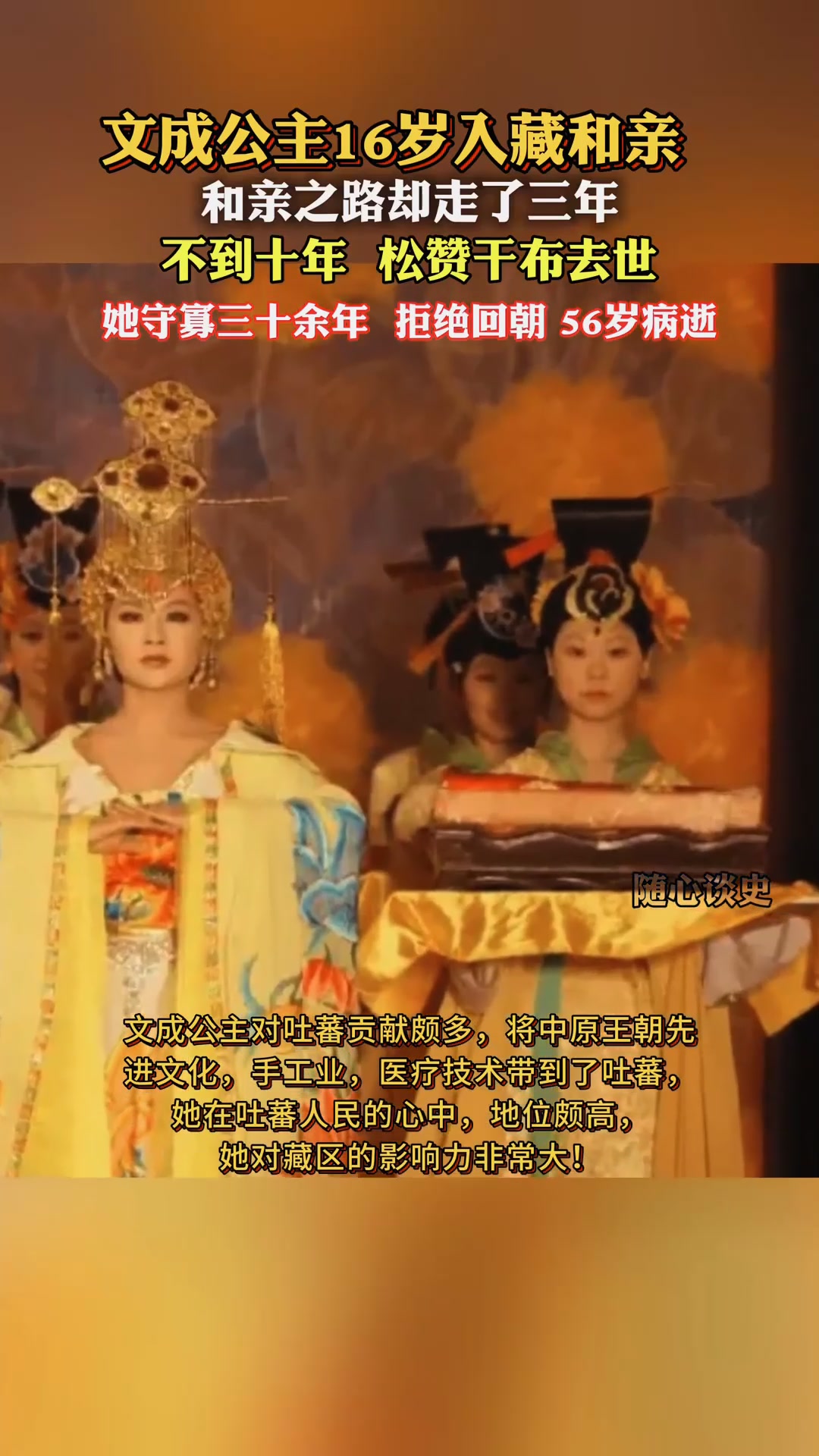Do you know why Chongzhen was obstructed when he wanted the Zongren Mansion to recommend talents? It’s okay if you don’t know, the history encyclopedia editor will tell you.
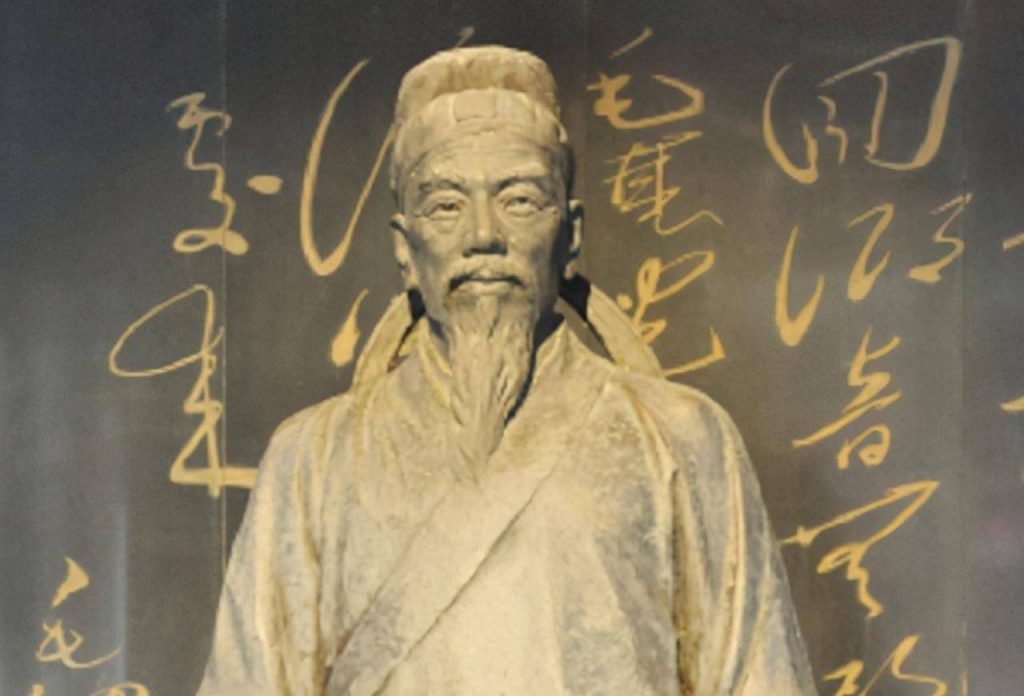
The “Notes on the Three Enclosures” records a story about Zhu Shuxun, a descendant of the Liao king, who was appointed as an official in the capital. He was delighted to hear that this member of the Liao royal family was recommended to enter the capital and appointed as the head of the Ministry of Revenue, in charge of grasslands.
Then he wrote a memorial to the Emperor roast about his own experience: “I obey the order of the Emperor and personally accept the imperial family called by the Emperor. As soon as I leave the palace, I will be instructed by the Minister of Household to buy grass!”
Who says you’re just a small ruler now? We also need to put on a royal family facade.
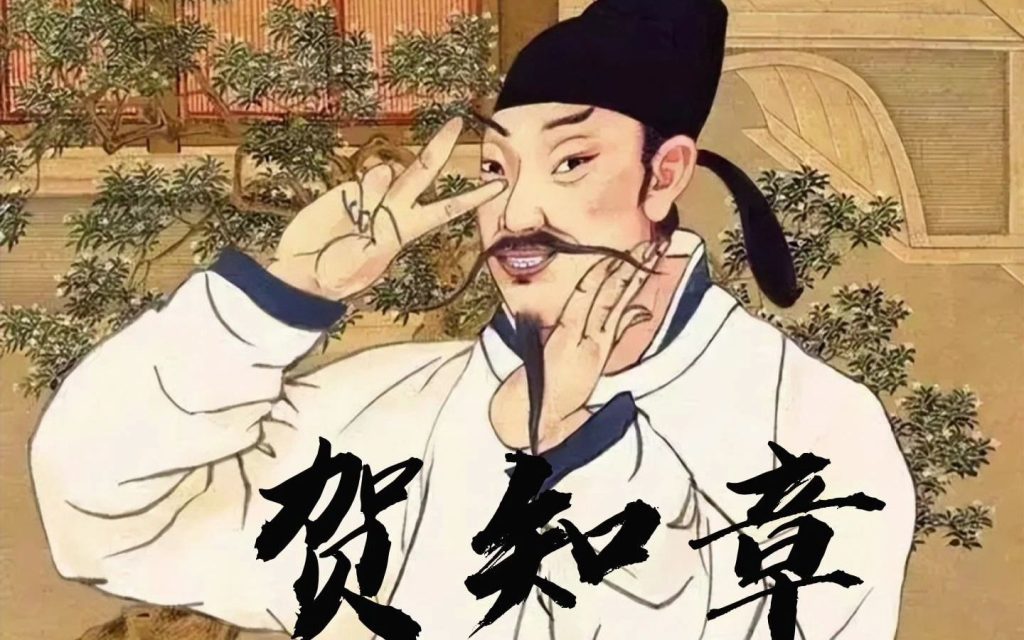
At the beginning of the Ming Dynasty, Zhu Yuanzhang enfeoffed the sons of the feudal lords and attached great importance to the participation of the royal family in politics. He once issued a decree stating that “all descendants of county kings, those with literary and military talents, who are worthy of appointment, shall be appointed to the main court of the great clan and have fame and reputation. The court shall test and appoint them to official positions. Their promotion and appointment shall be carried out according to the usual selection method”.
After Zhu Dijing was unable to seize the throne, successive emperors of Ming Dynasty imposed increasingly strict restrictions on the imperial family, and those who were close to the clan but did not serve were not allowed to hold official positions. But with the proliferation of clan branches, the size of the royal family rapidly expanded, and providing for the huge population of the royal family became a serious financial burden for the court. In order to alleviate local grievances and alleviate financial crises, the voice of reform towards the royal family naturally emerged.
During the Wanli and Tianqi periods, the imperial court began to relax restrictions on the appointment of members of the imperial family, and established the imperial examination system to establish the imperial examination system. Officials were exchanged for titles, allowing members of the imperial family to serve and support themselves. However, in the Ming Dynasty, very few members of the imperial family passed the imperial examination. Relying solely on the imperial examination system is powerless to remedy the shortcomings of the feudal system.
In view of this, in the eighth year of the Chongzhen reign, Emperor Lie wanted to restore the ancestral teachings of the Zhu Yuanzhang era: to have the Zongren Mansion recommend Zongcai, and after being tested by the court, to be granted official positions. However, this move has faced many opposing voices. Because once the Zongren Mansion gains the power to recommend talents, a large number of royal families will directly enter the bureaucratic system through the recommendation of talents by the Zongren Mansion, which will inevitably have an impact on the existing system of selecting officials for the Ministry of Personnel and the imperial examination system.
Chen Zizhuang, a minister of the Ministry of Rites, responded to this memorial by saying, “When the imperial family changes the appointment, it is appropriate to open the door to luck, regulate the feudal system, and mix up the civil service.” Chen Zizhuang’s words were fierce, and Huang Shijun, the Minister of Rites, read this memorial and had a premonition that Chen Zizhuang would inevitably anger the emperor, so he dared not sign it. Sure enough, after the memorial was submitted, Emperor Lie was furious and immediately smashed the teacup (throwing the tea on the ground), arrested Chen Zizhuang and imprisoned him.
It is worth mentioning that before Chen Zizhuang was imprisoned, when the court was discussing the method of changing the imperial family, Tang King Zhu Yujian, who later became Emperor Longwu, also got involved. Write a letter citing classics to argue with Chen Zizhuang about the rationality of the replacement of the imperial family.
In this debate, supporters of the imperial succession were Emperor Zhu Youjian, Chief Assistant Wen Tiren, and Tang King Zhu Yujian. Opponents: Most civil servants.
Supporters may appear to hold high positions and power, but in reality, they are subject to criticism and questioning. After Chen Zizhuang was imprisoned, many civil officials who sympathized with the Chen family harbored deep resentment towards the Tang king, and the Tang king became increasingly indifferent towards the court officials. The result was that the Tang king was subjected to “taboo among courtiers”.
Prime Minister Wen Tiren intends to severely punish Chen Zizhuang as a warning to others, citing the Taizu Ancestral Precepts’ Regulations on Separation and Kinship ‘.
The Ministry of Justice, on the other hand, stated that in times of chaos, heavy punishment was used for ancestral teachings, but in the present era of prosperity, laws and regulations should be applied instead of ancestral teachings. The Ministry of Justice intends to deal with Chen Zizhuang leniently, while Wen Tiren insists on being strict. After several rounds of bickering, Chen Zizhuang was relieved of his duties.
In response, Wen Tiren urged Emperor Liehuang to “award ancestral teachings to the academy”, allowing all scholars to learn the spirit of Taizu’s ancestral teachings, in order to satirize the officials who attacked the imperial family’s practice of exchanging teachings.
At this time, it was the ninth year of the Chongzhen reign, and although Emperor Lie and his courtiers resisted public opinion and continued to implement the method of transferring the imperial family. But this reform came too late for the Ming Dynasty, which had accumulated a heavy burden and was difficult to reverse.
Many folk unofficial historical notes from the late Ming and early Qing dynasties also inherited the prevailing trend of empty talk and party unity and opposition in society at that time.
Almost no one seriously discusses the advantages and disadvantages, as well as the effectiveness, of the method of changing the royal family.
The debate surrounding the reform of imperial succession in the court fell on later official historical records and was simplified into a narrative: the treacherous Wen Tiren persecuted a loyal minister named Chen Zizhuang.
